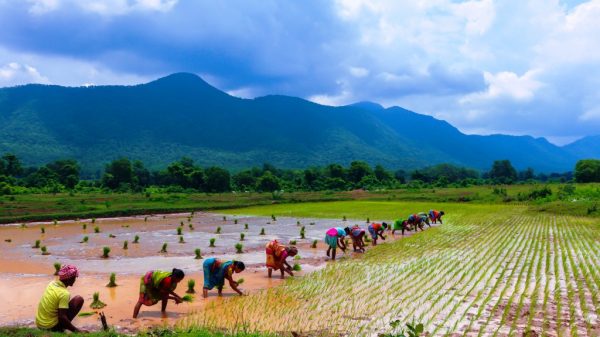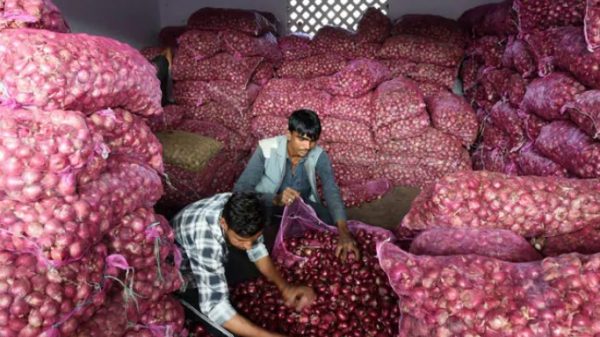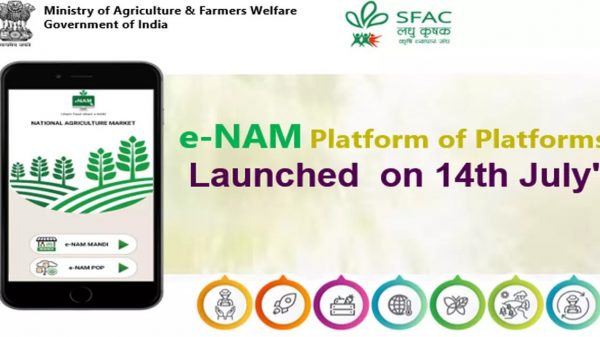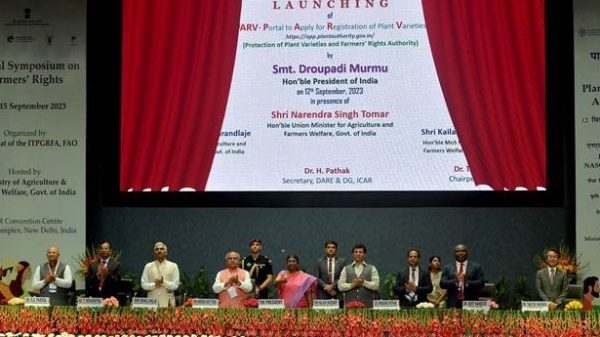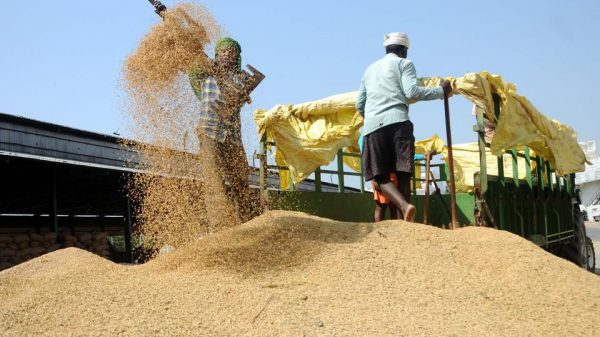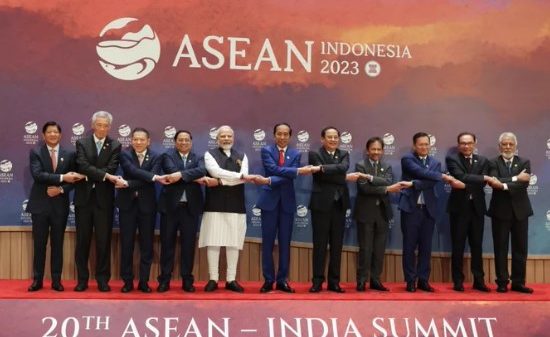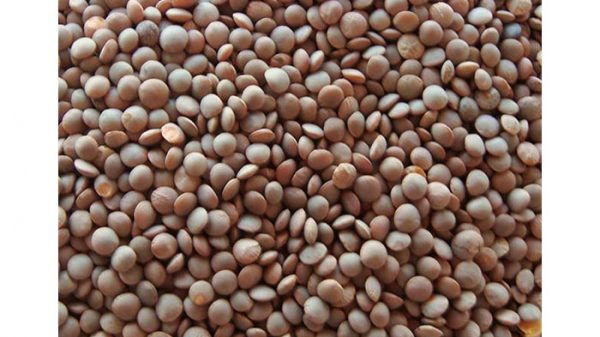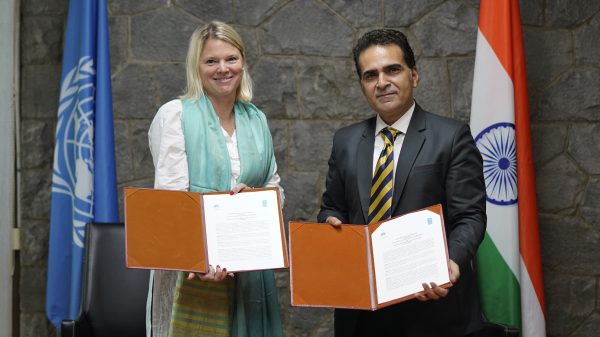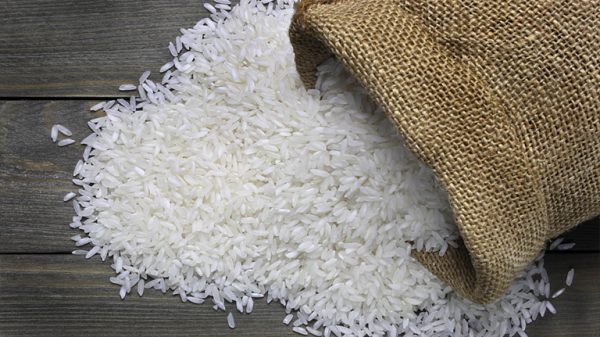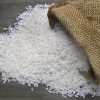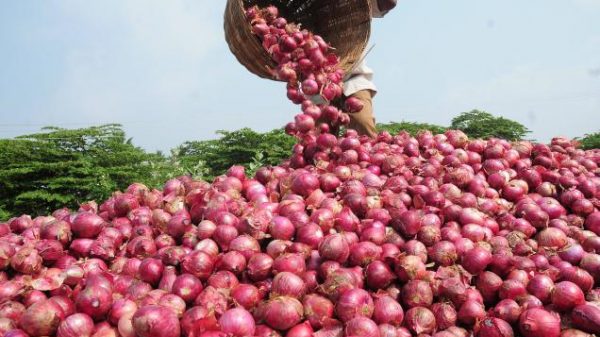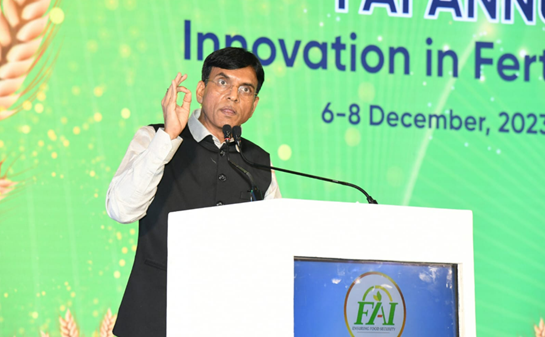The government has reduced the floor price for basmati rice exports from USD 1,200 per tonne to USD 950 per tonne. This decision was made in response to concerns from exporters that higher prices were hurting outward shipments.
According to government sources, Union Commerce Ministry has informed export promotion body APEDA that it has decided to lower the minimum price for registering basmati rice export contracts from USD 1,200 per tonne to USD 950 per tonne.
The Indian government had previously taken steps to prevent the illegal shipment of non-basmati rice disguised as premium basmati rice by prohibiting basmati rice exports below $1,200 per tonne.
On August 25, the government imposed a minimum export price of $1,200 per tonne on basmati, causing concern among exporters, traders, and farmers, particularly in Punjab and Haryana. These states went on strike, demanding that the government reduce the price.
The export curbs on basmati had been extended on October 14 but this had triggered protests from farmers and traders at a time when assembly elections are being held in key states. The concern was that the high floor price made Indian consignments uncompetitive compared to Pakistan which also exports same basmati rice.
Punjab and Haryana are the major basmati rice exporters in India. In the last financial year, their exports totaled Rs 33,000 crore, while total basmati rice shipments from India stood at Rs 48,000 crore.
In the fiscal year 2022-23, India’s total basmati rice exports reached USD 4.8 billion in terms of value, with a volume of 45.6 lakh tonnes. The final estimates project a record-breaking rice production of 135.75 million tonnes in the fiscal year 2022-23, compared to 129.47 million tonnes in the previous year. Prior to the government’s decision on August 25, 2023, to disallow contracts below USD 1,200 per tonne, the price had risen to around Rs 1,050 per tonne.
To manage domestic rice prices and enhance domestic supply, the central government had previously implemented a series of measures. These included a ban on the export of broken rice in September of the previous year, restrictions on non-basmati white rice in July of the current year, and the imposition of a 20 percent export duty on par-boiled non-basmati rice. These measures effectively placed restrictions on all types of non-basmati rice.
According to the Foreign Trade Policy, APEDA is tasked with registering all contracts for basmati rice exports and subsequently issuing registration-cum-allocation certificates for these exports.


